December, 2019 (A pneumonia outbreak was first reported in the city of Wuhan, central China's Hubei Province in December, 2019)
- Get link
- X
- Other Apps
By the end of March 2020. It is over in China. China is starting helping Italy, UK and othe countries that need help to fight the 'pandemic' called 'covid-19'
In December 2019 (A pneumonia outbreak was first reported in the city of Wuhan, central China's Hubei Province in December, 2019)
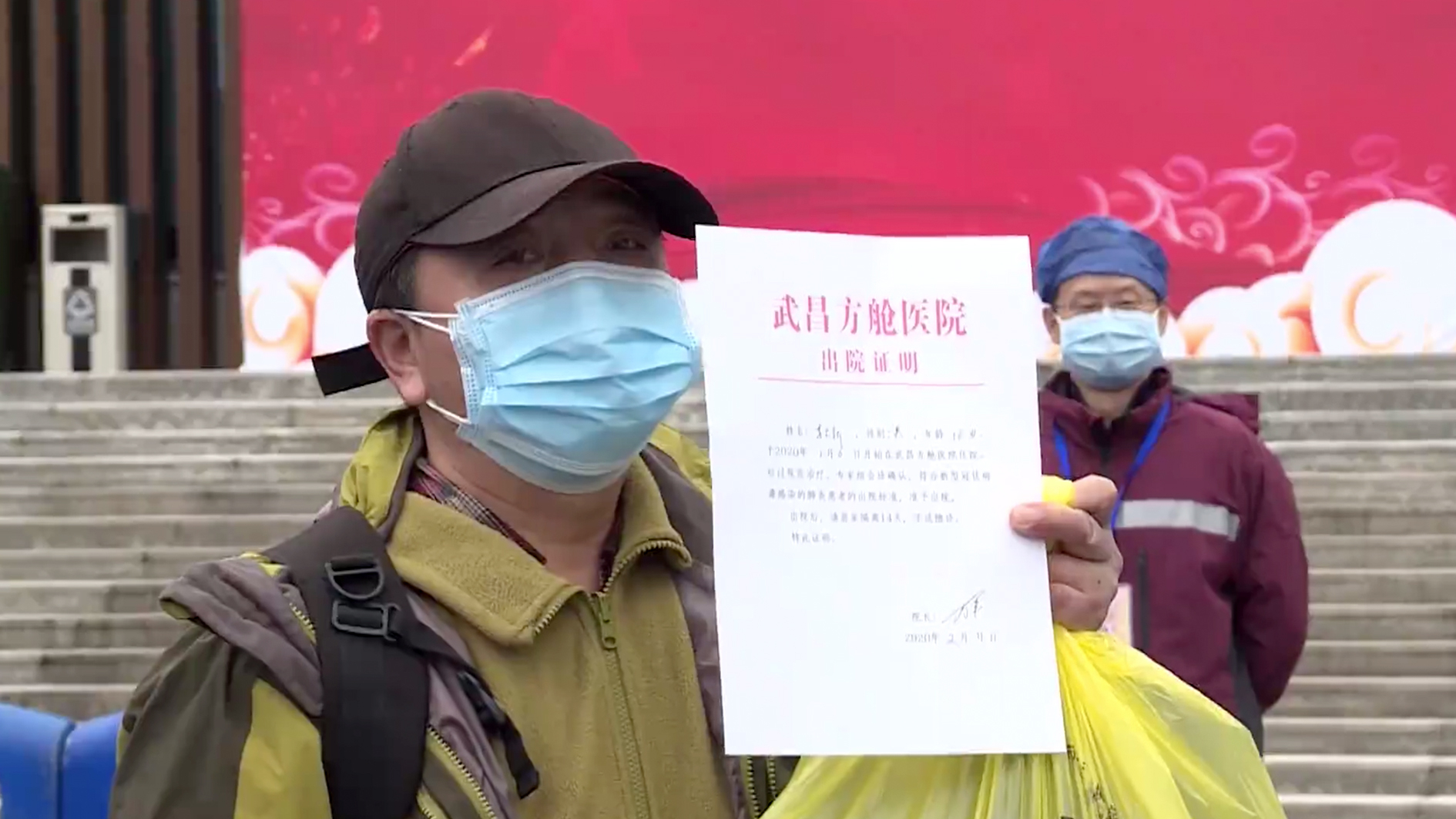
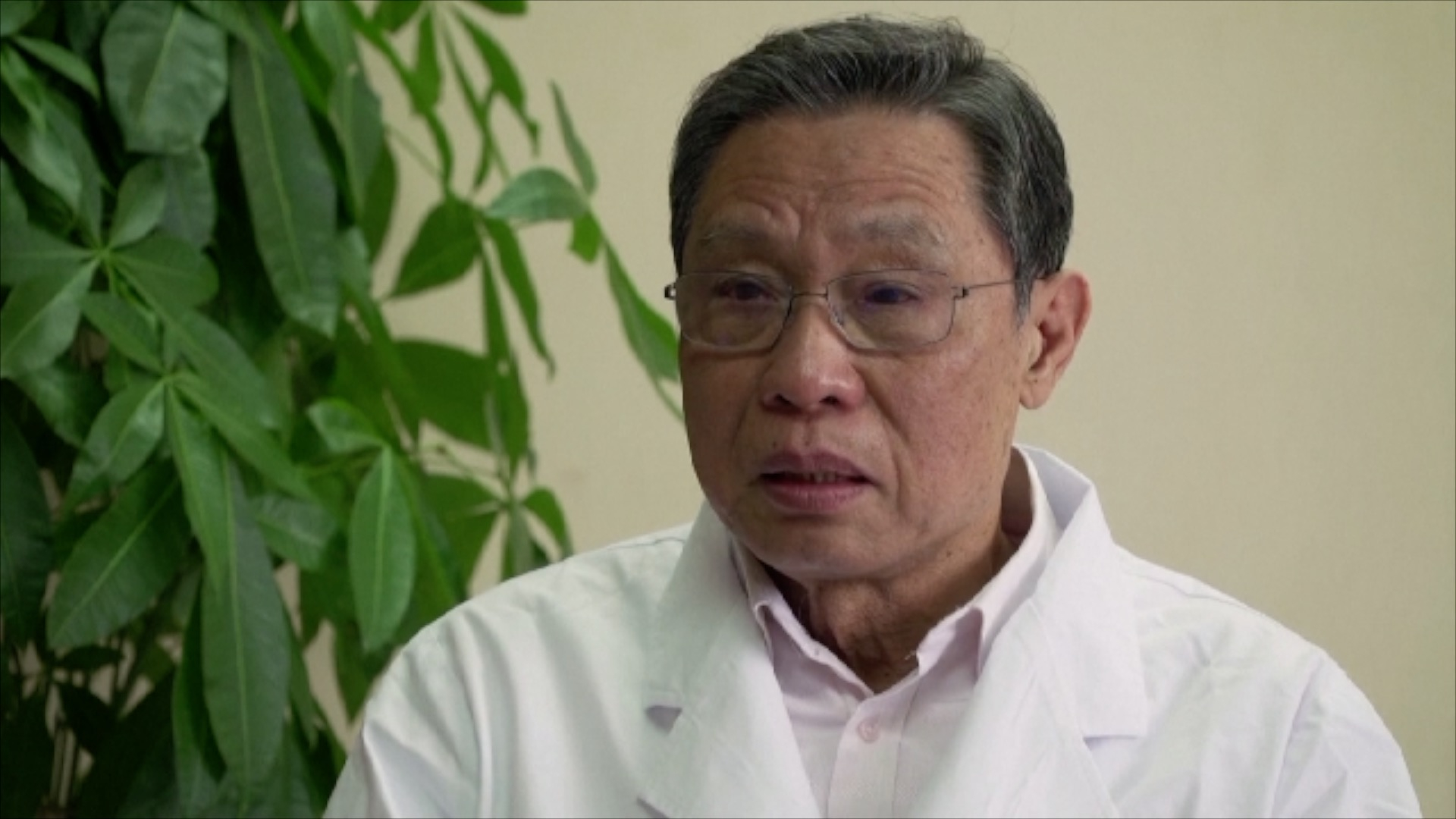
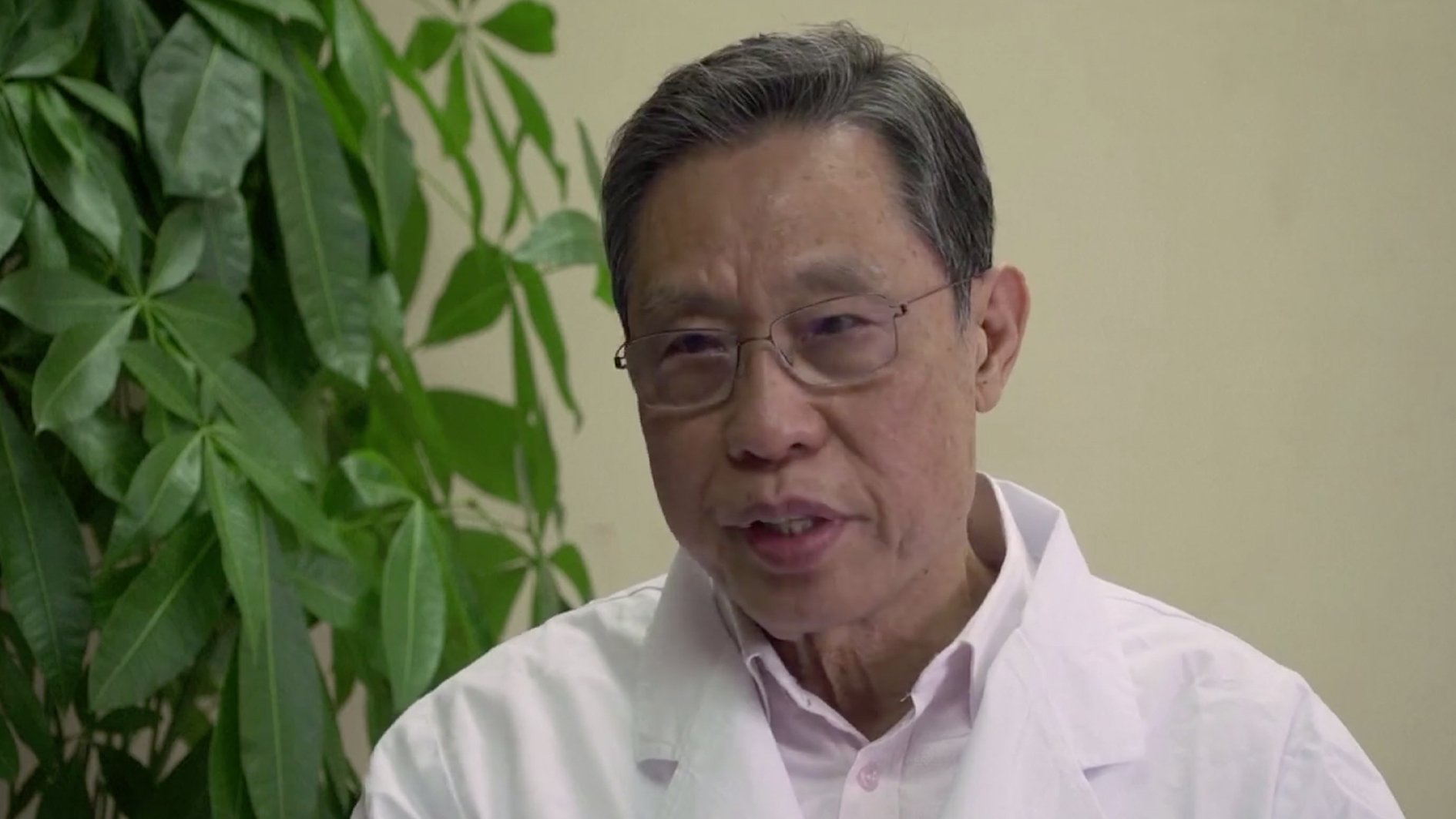
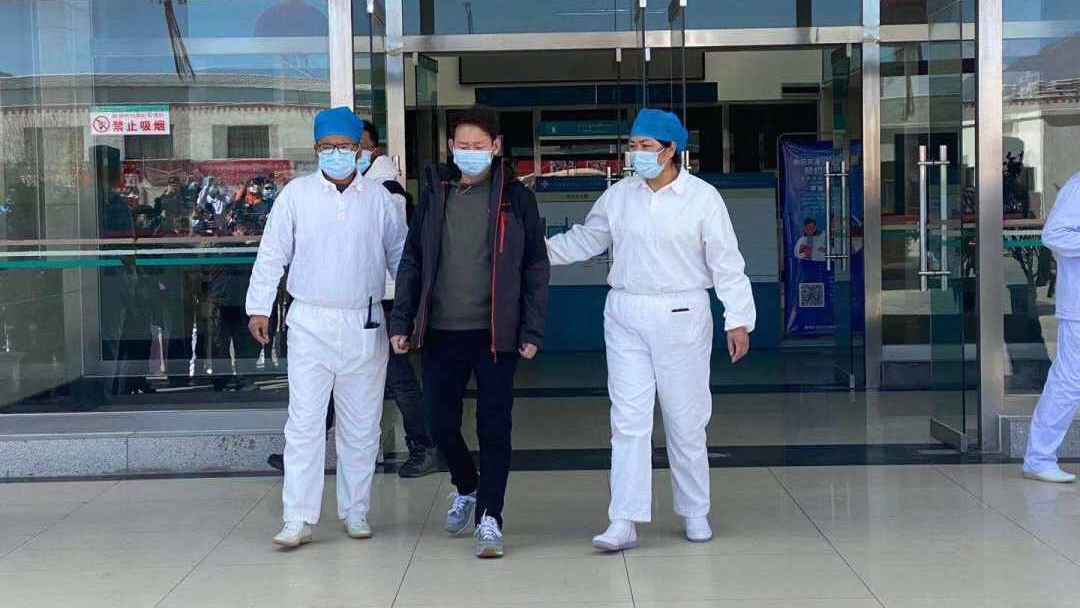

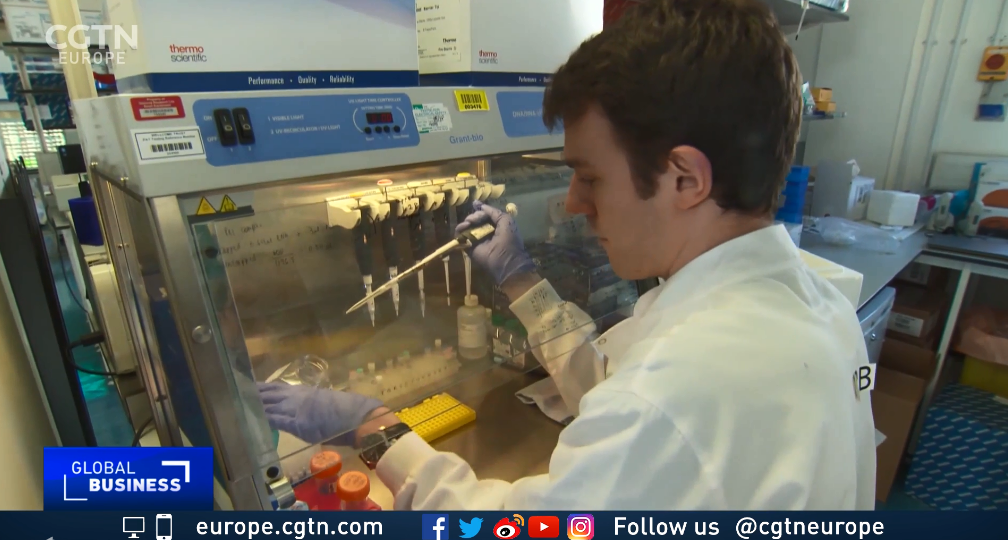
In December 2019 (A pneumonia outbreak was first reported in the city of Wuhan, central China's Hubei Province in December, 2019)
SUMMARY
A pneumonia outbreak was first reported in the city of Wuhan, central China's Hubei Province in December. Experts have attributed the outbreak to a novel coronavirus that has since spread across China and abroad.
– Confirmed cases: 44,730 in China, over 397 abroad
– Deaths: 1,114 in China (including one in HK), 1 abroad
– Recovered: Over 4,740
– Health experts warn of the risk of reinfection in recovered patients
– Human-to-human transmission confirmed
– Level 1 emergency response activated in 31 provinces, autonomous regions and municipalities on the Chinese mainland
– New confirmed cases of the novel coronavirus pneumonia outside Hubei Province have been dropping for eight consecutive days.
TIMELINE
15:33, 12-Feb-2020
The number of daily confirmed novel coronavirus cases in China has seen a 48.2 percent decrease between February 4 and 11, an official of the National Health Commission said at a press conference in Beijing on Wednesday.
15:32, 12-Feb-2020
Setup Timeout Error: Setup took longer than 30 seconds to complete.
01:56

While new novel coronavirus cases continue to emerge, other patients have recovered and are heading home. These patients, mostly aged over 50, said it was a long, hard fight but they couldn't have done it without the help of doctors. CGTN reporter Sun Tianyuan has more from one of the makeshift hospitals in Wuhan.
15:09, 12-Feb-2020
Setup Timeout Error: Setup took longer than 30 seconds to complete.
01:17

In an interview with Reuters, China's renowned respiratory scientist Zhong Nanshan talked about Dr. Li Wenliang, an ophthalmologist from Wuhan who sounded an early warning about the novel coronavirus and later ended it up succumbing to the disease. Zhong said he is proud of Dr. Li, who is considered a hero for a majority of people in China.
15:02, 12-Feb-2020
Setup Timeout Error: Setup took longer than 30 seconds to complete.
04:24

Healthcare officials are moving swiftly to set the record straight in the face of speculation and misinformation. Chinese respiratory expert Zhong Nanshan shared his insights with the Reuters news agency. He is China's leading epidemiologist. About 17 years ago, Zhong led the battle against SARS. The 84-year-old doctor is also leading his team in the current fight.
14:48, 12-Feb-2020

Tibet's only novel coronavirus patient discharged
The only confirmed novel coronavirus patient in southwest China's Tibet Autonomous Region was discharged from the hospital on Wednesday afternoon.
The discharged patient tested positive for the coronavirus on January 29 and the region hasn't reported any new cases in the past 14 days.
The discharged patient tested positive for the coronavirus on January 29 and the region hasn't reported any new cases in the past 14 days.
14:38, 12-Feb-2020
The Civil Aviation Administration of China (CAAC) is offering free refunds and changes to students who purchased tickets for flights before March 31 as many provinces in China have postponed the resumption of schools in order to meet the relevant policy requirements given the outbreak of the novel coronavirus.
If the opening of the schools is further delayed, the CAAC will make another adjustment in a timely manner, according to media reports on Wednesday.
14:06, 12-Feb-2020

"The first vaccine targeting the novel coronavirus could be available in 18 months, so we have to do everything today using available weapons," World Health Organization (WHO) Director-General Tedros Adhanom Ghebreyesus said in Geneva on Tuesday.
Tedros added "the development of vaccines and therapeutics is one important part of the research agenda. But it's not the only part. They will take time to develop – but in the meantime, we are not defenseless."
As recorded cases pass 40,000 people, scientists, private companies and governments around the world are racing to develop a vaccine to fight the novel coronavirus.
In the UK, one leading research team from Imperial College London (ICL) says it is making good progress. They have turned out a candidate vaccine, something that can take months or even years in just 14 days, thanks in part to the collective approach taken by China.

Researcher at ICL /CGTN Photo
"It has been remarkably good how the Chinese scientists have shared their research on that data very openly and very quickly, and that enabled not only the development of vaccines, but also diagnostic test, which can be used globally to reduce the spread of the disease," Dr. John Tregoning at ICL told CGTN Europe.
"We're putting it into animal candidates next week and we will be looking for funding to rush that into human testing," added infection specialist Robin Shattock, another professor at ICL.
There are three main stages in developing vaccines, WHO spokesperson Christian Lindmeier explained. Research teams must first identify "the best components" for the vaccine, which could take "any amount of time;" following which, rounds of ethical animal and human trials will be conducted; and lastly, the successful vaccine will go into production – which could take anything from "six to nine months."
The processes behind vaccine development worldwide have been accelerated following the outbreak of the 2013-16 Ebola virus. In 2017, the public-private Coalition for Epidemic Preparedness Innovations (CEPI) was launched to develop vaccines beyond the constraints of the private pharmaceutical market and states.
According to the Strait Times, Professor Tan Chorh Chuan, chief health scientist of the country's health ministry, said that Duke-NUS Medical School is working with the CEPI to roll out a vaccine trial in Singapore.
The trial will involve giving the vaccine to healthy volunteers, who will be monitored for side effects, and will also be observed to see the effects the vaccine has on their immune system.
Professor Wang Linfa, director of Duke-NUS' Programme in Emerging Infectious Diseases, told the Strait Times that CEPI already has several processes prepared, including methods of production, that can be quickly used when a new virus emerges.
"So when the virus comes, it's just plug-and-play," he added.
- Get link
- X
- Other Apps
Comments
Post a Comment